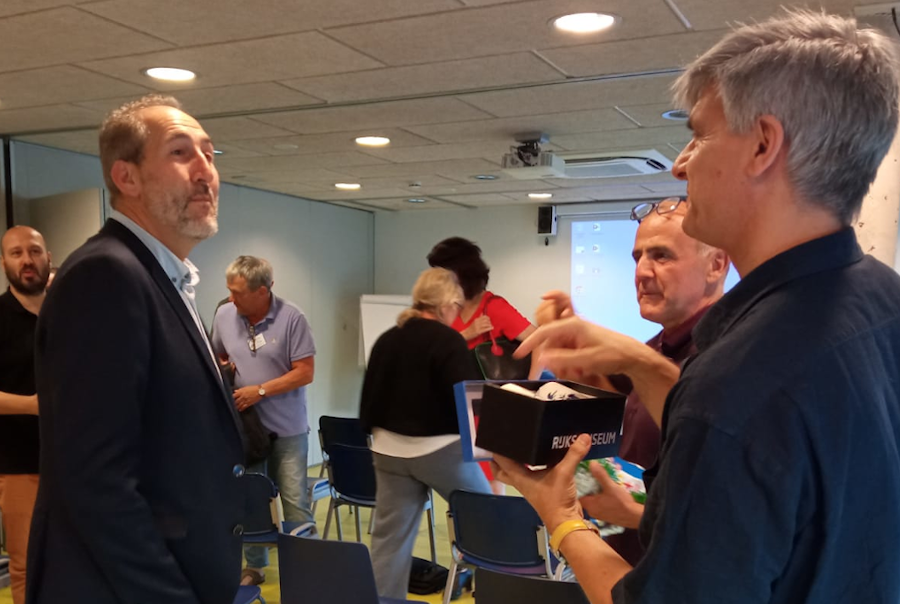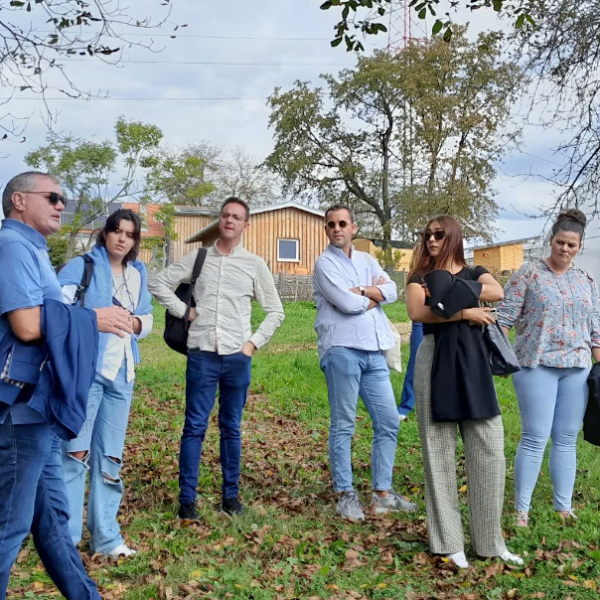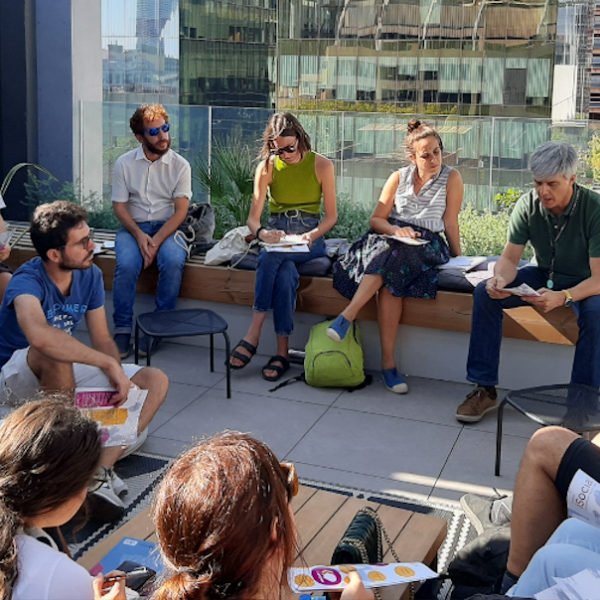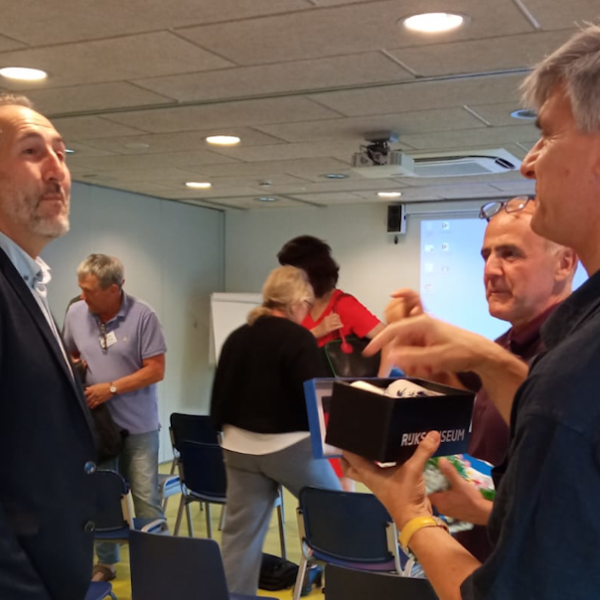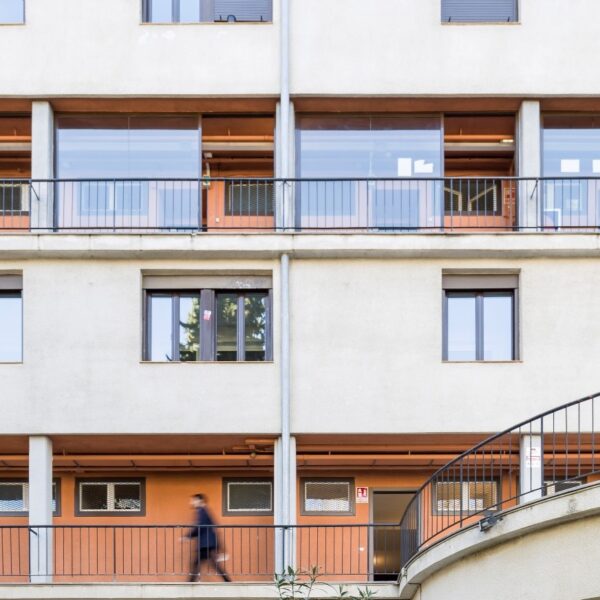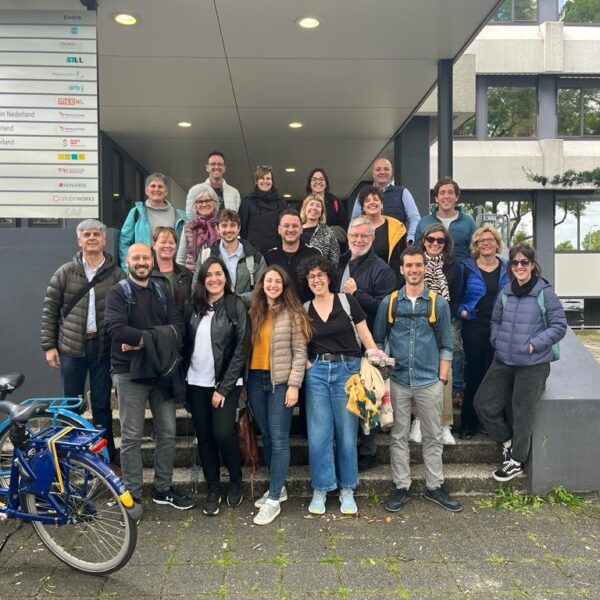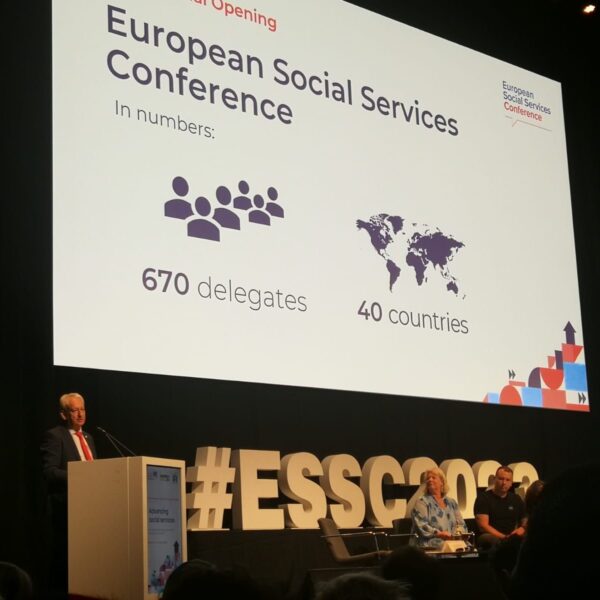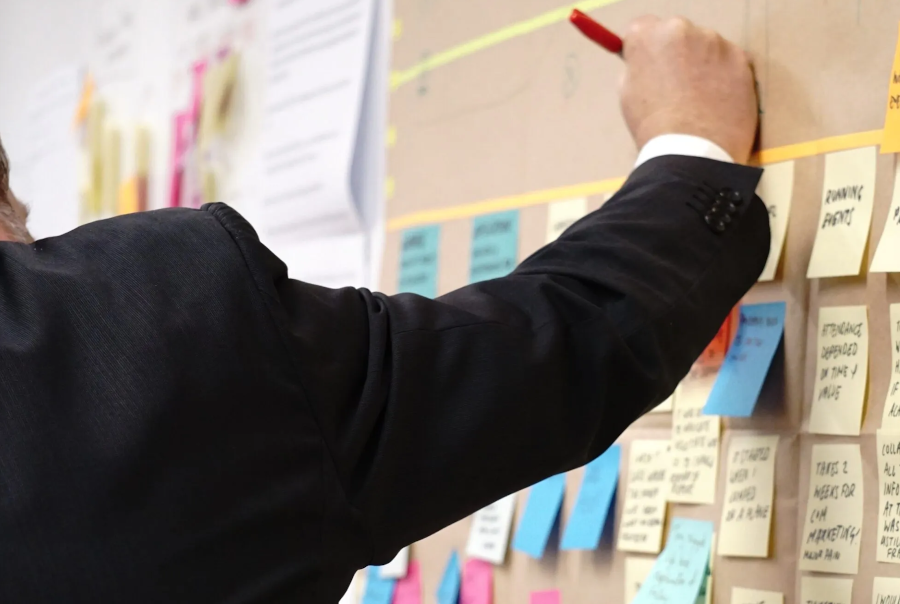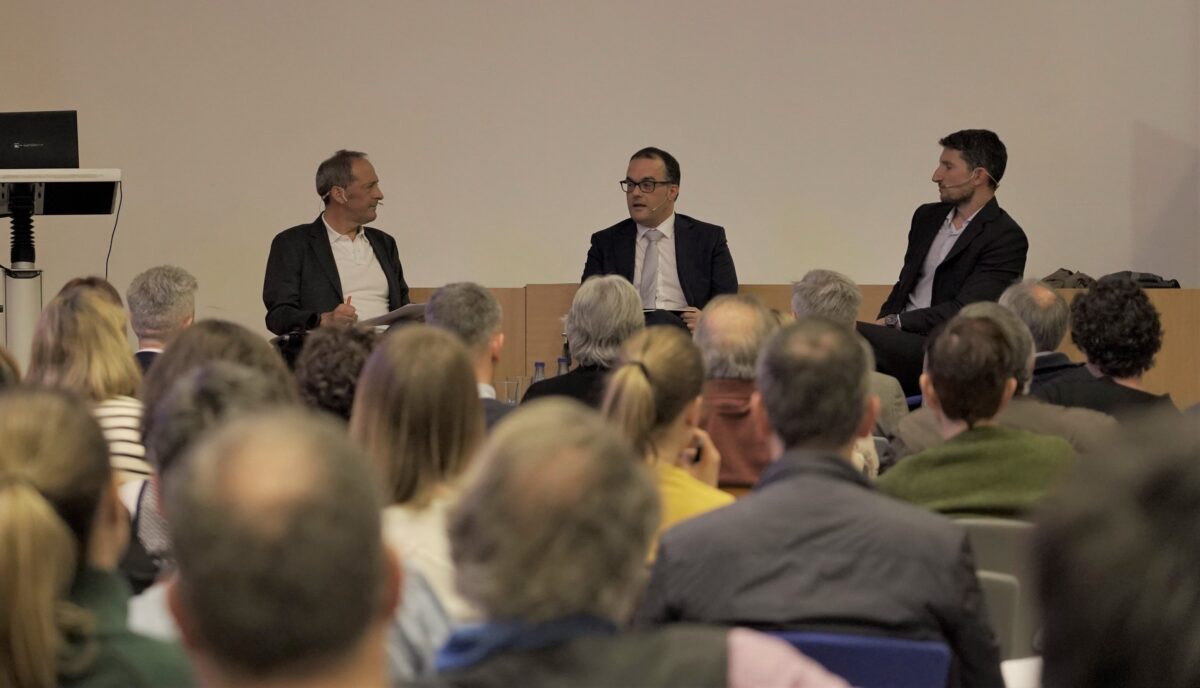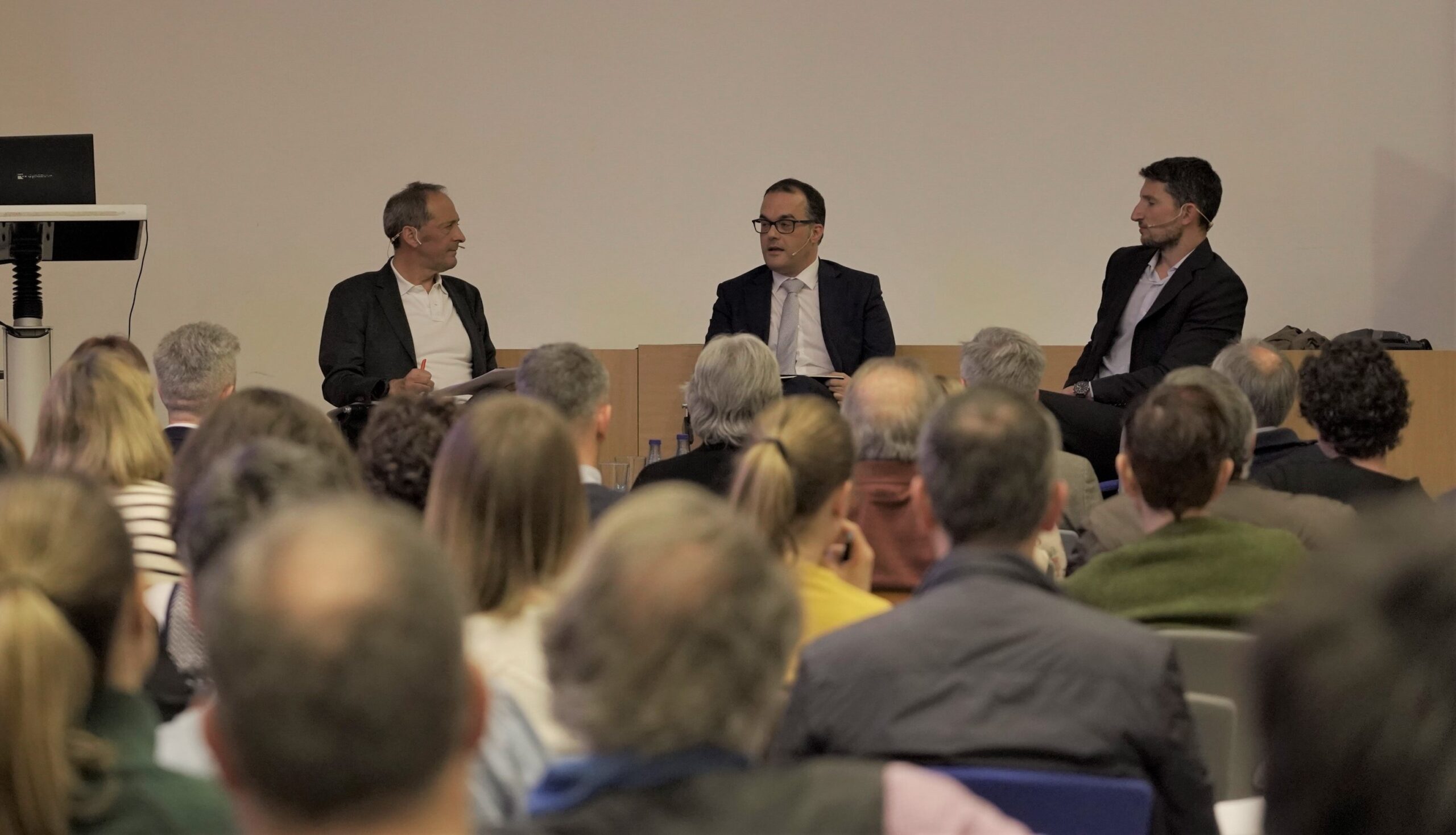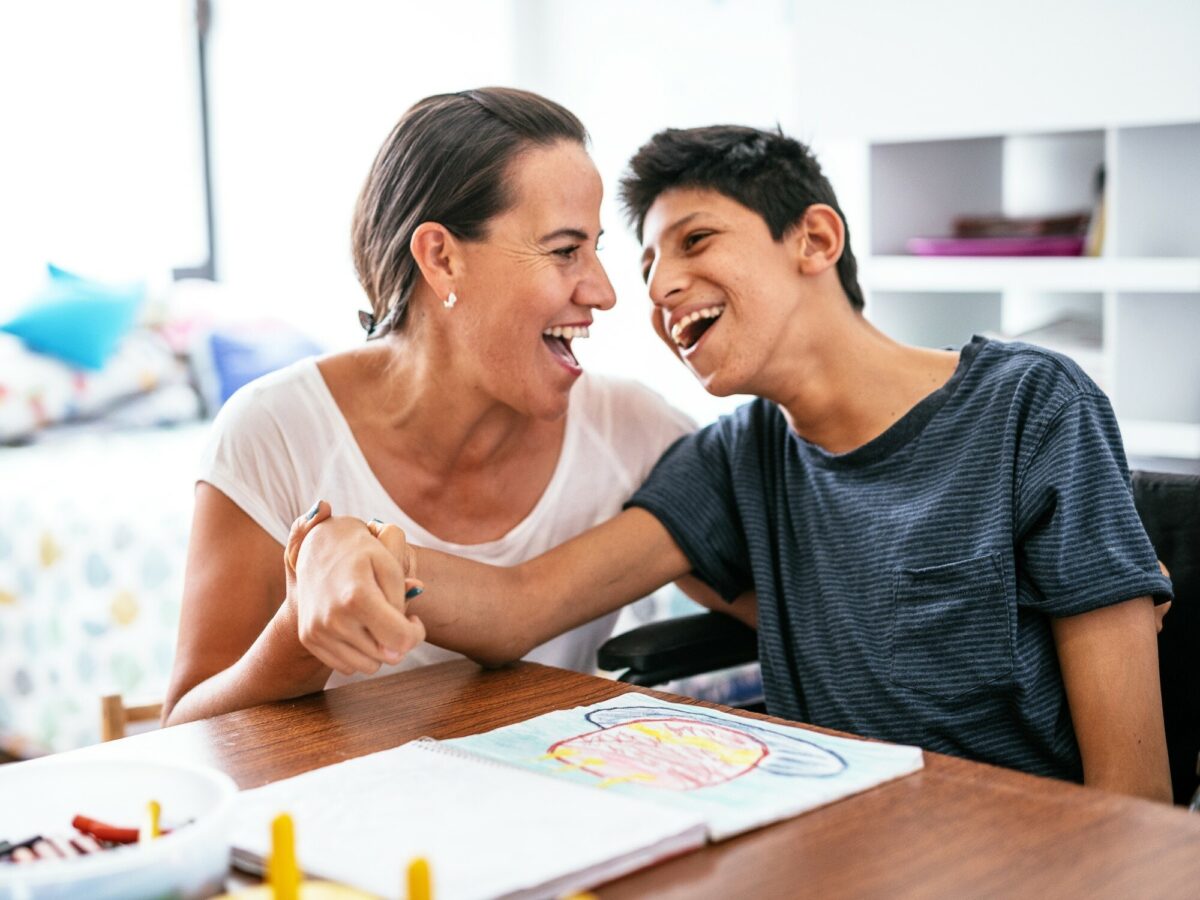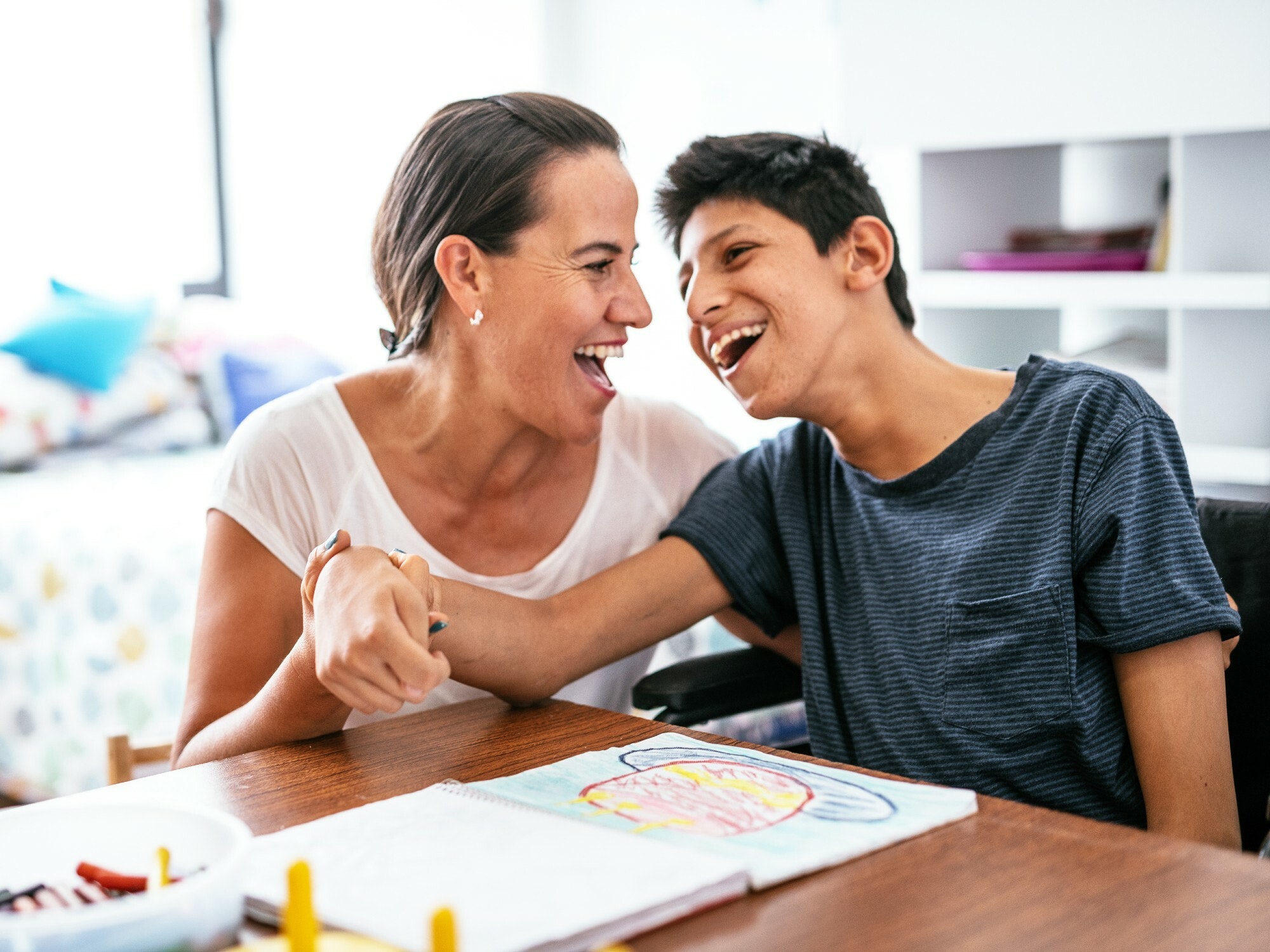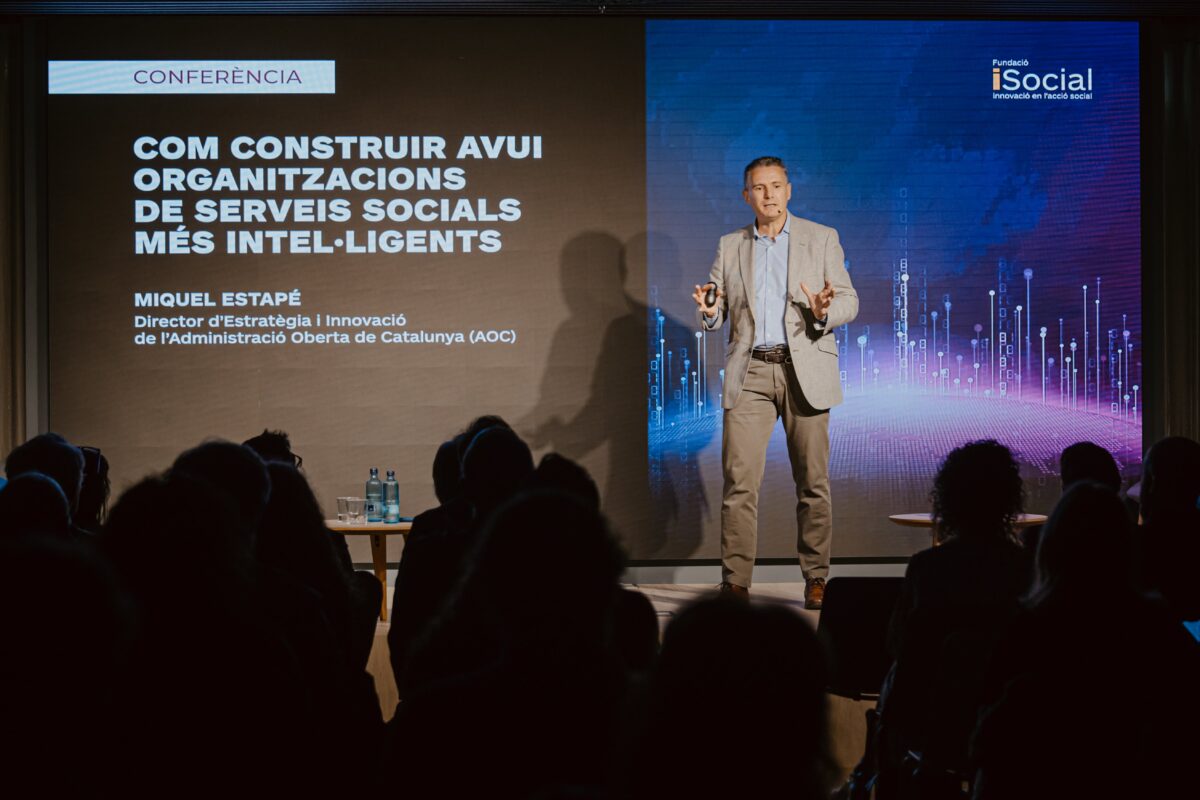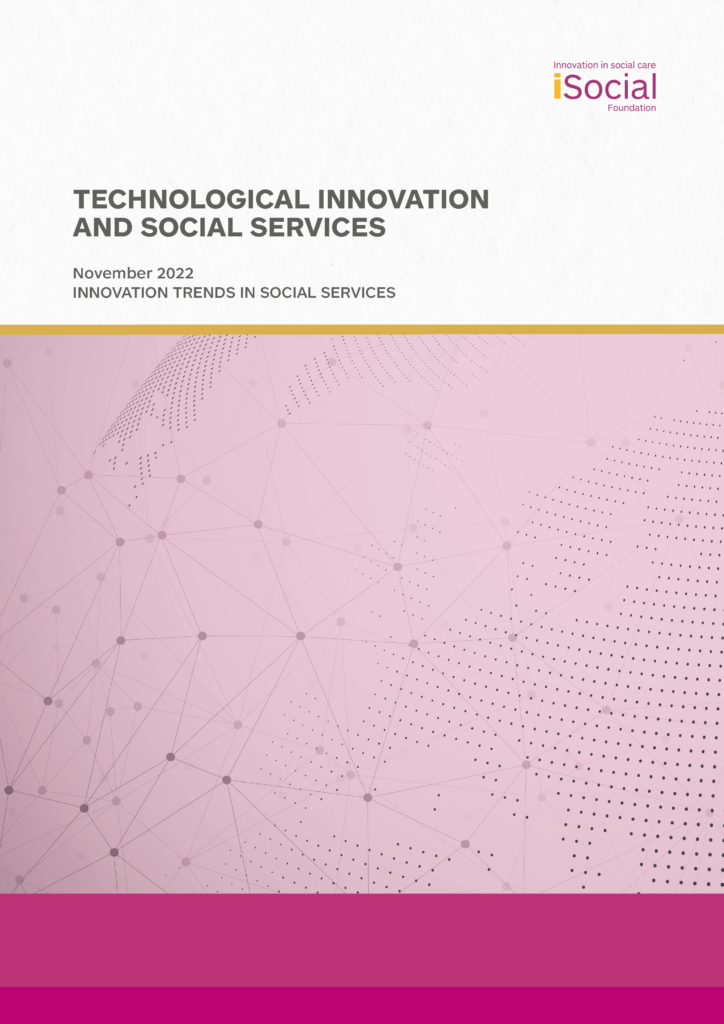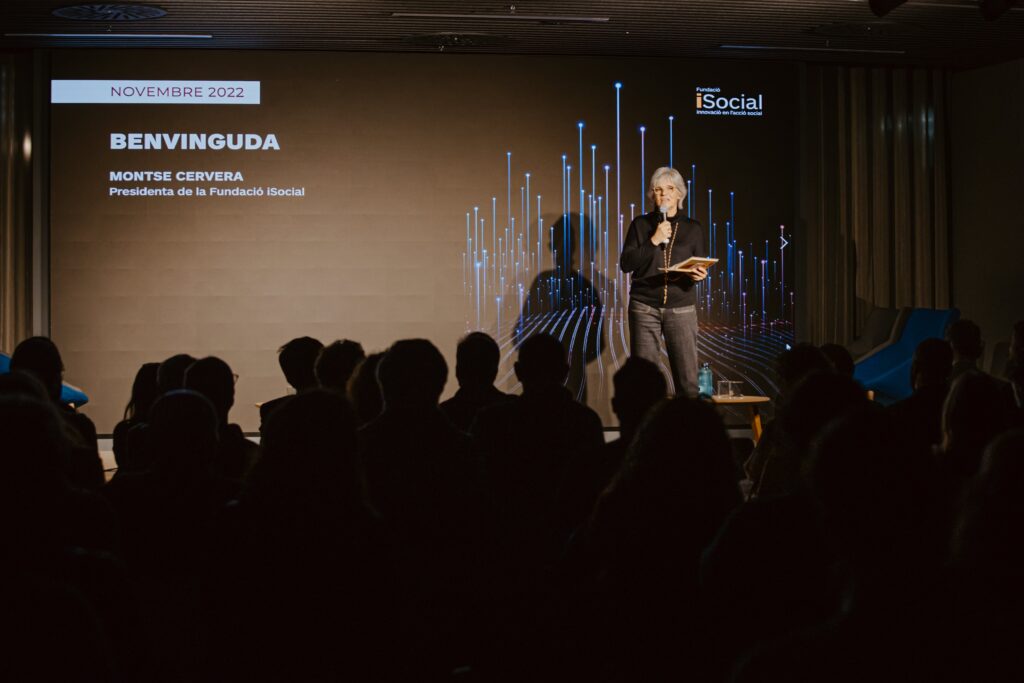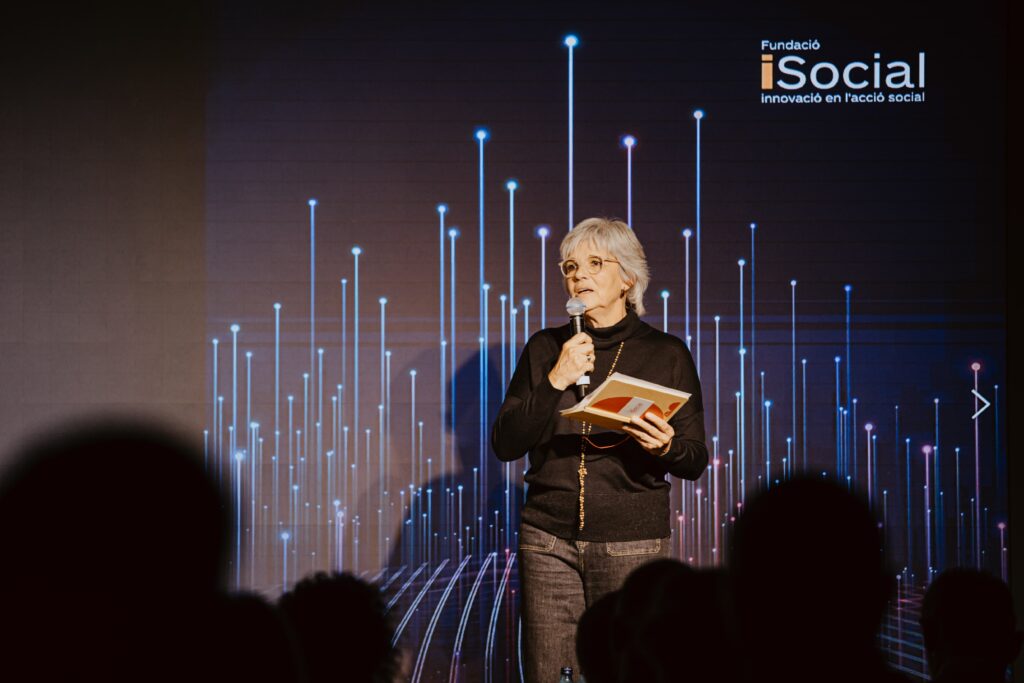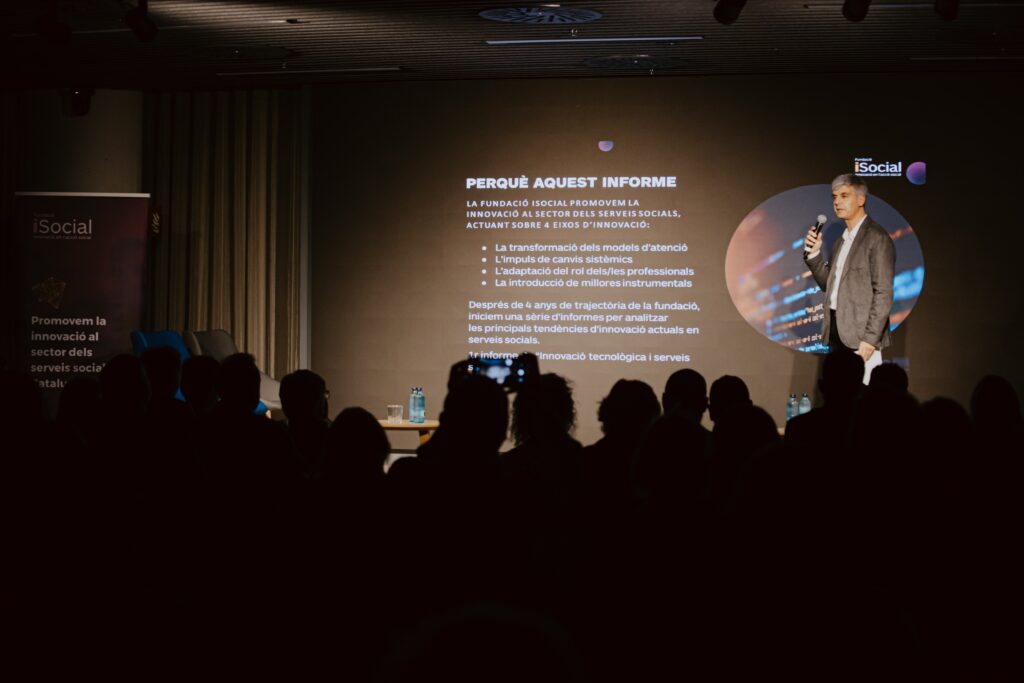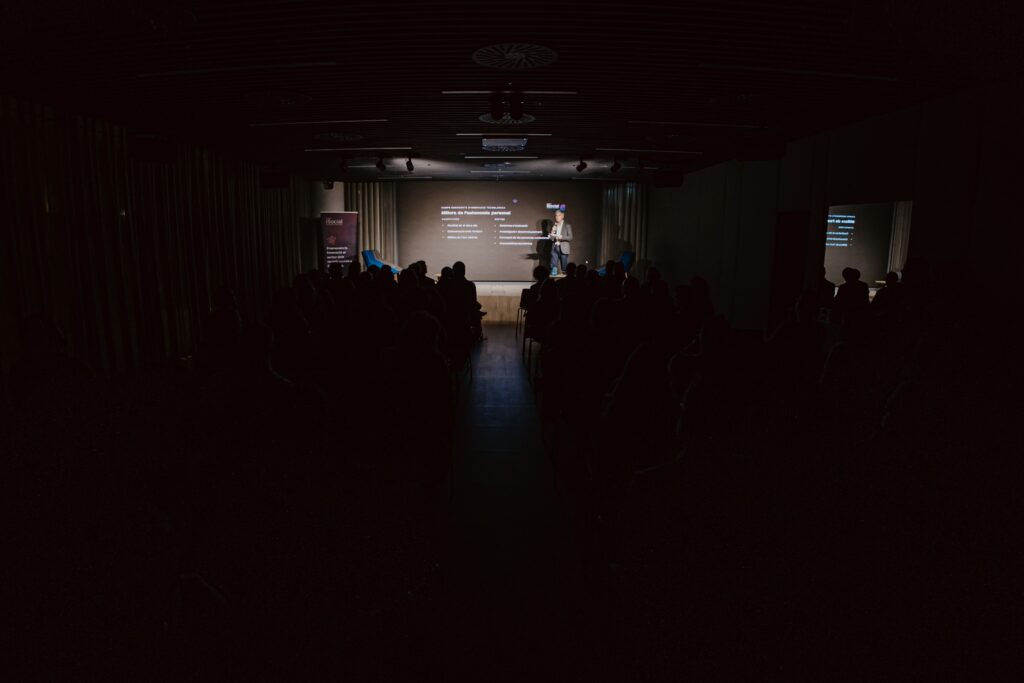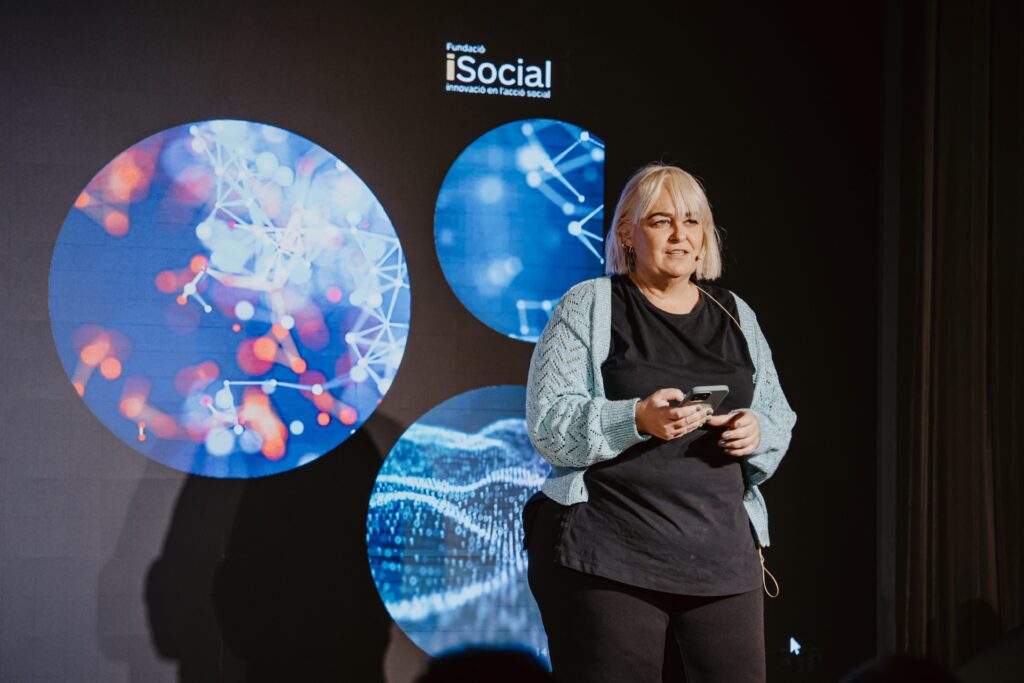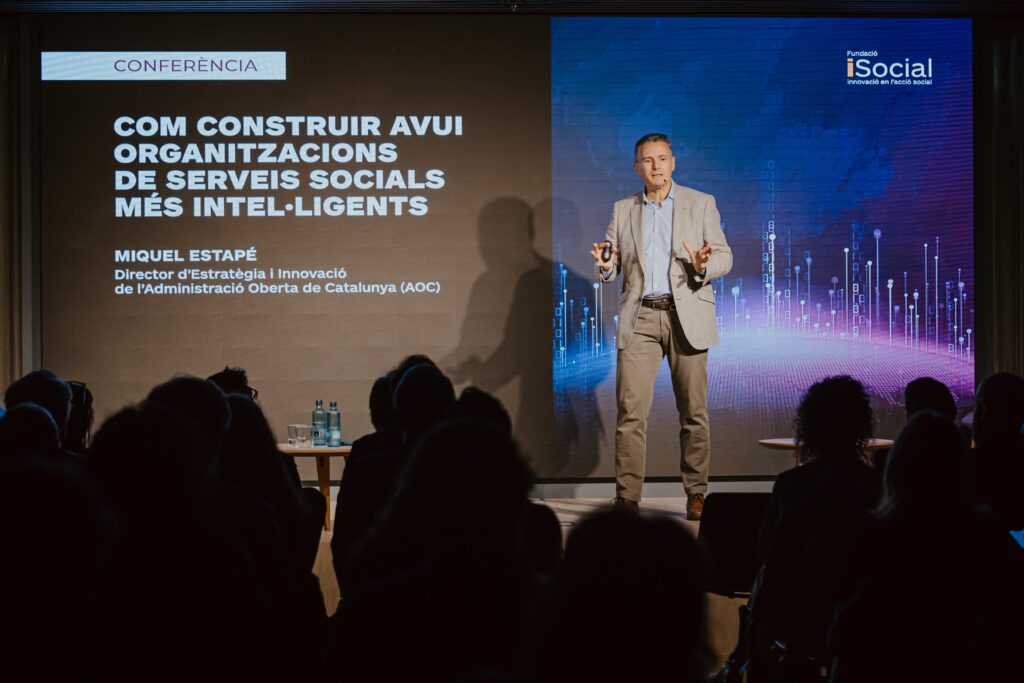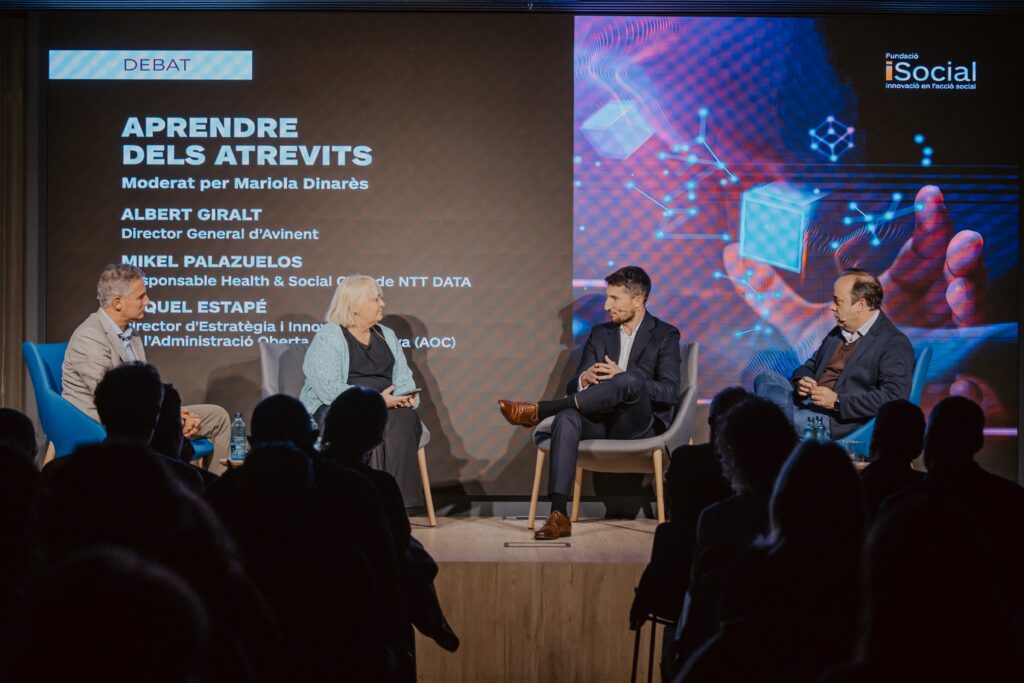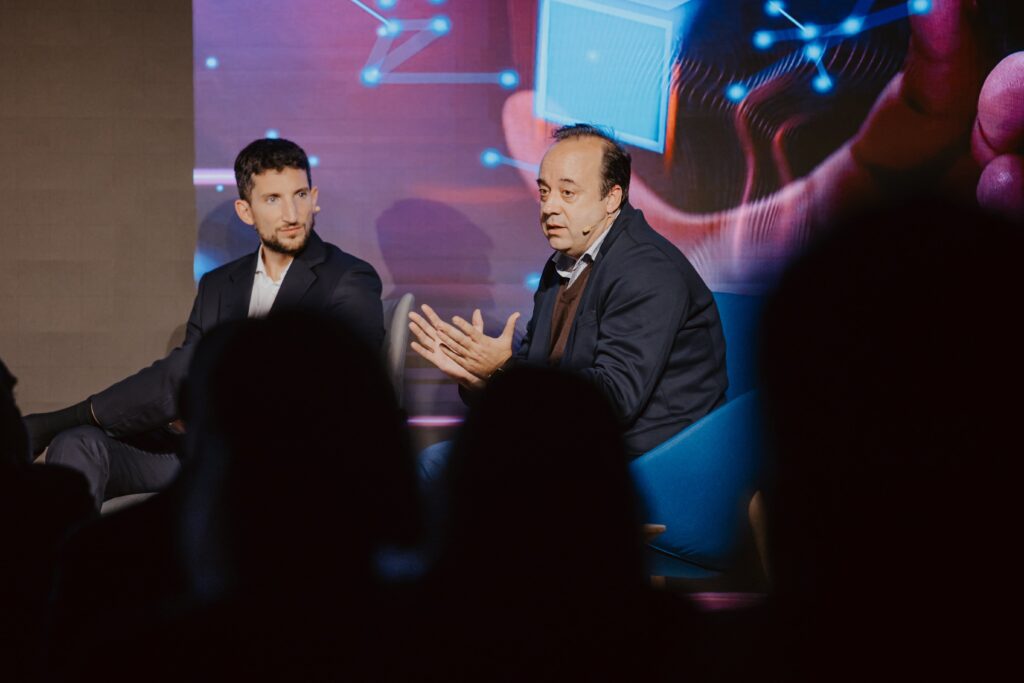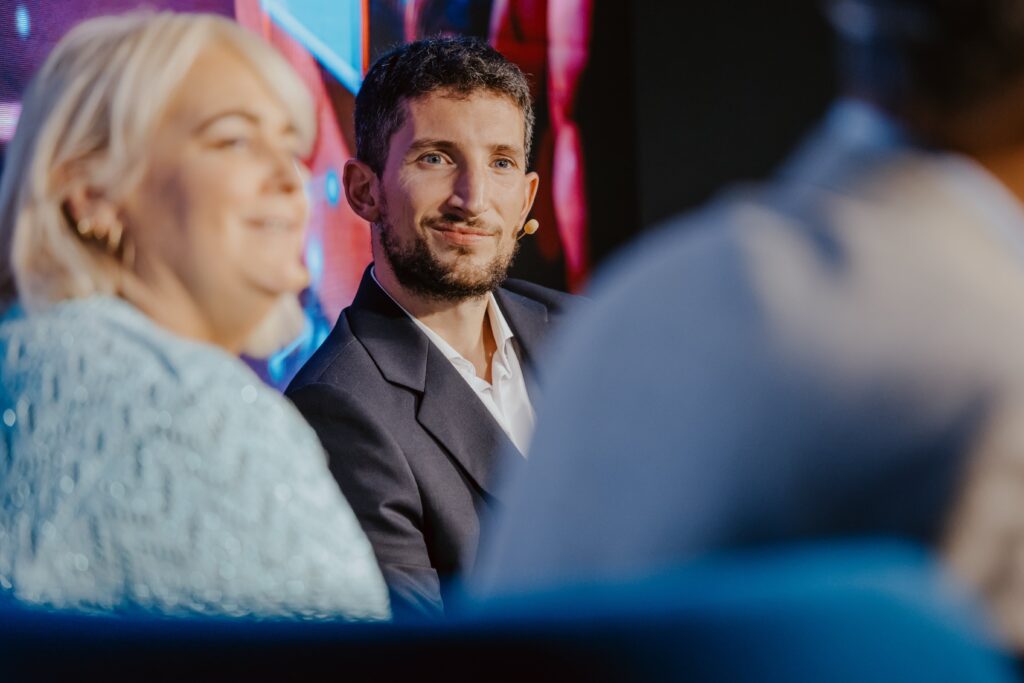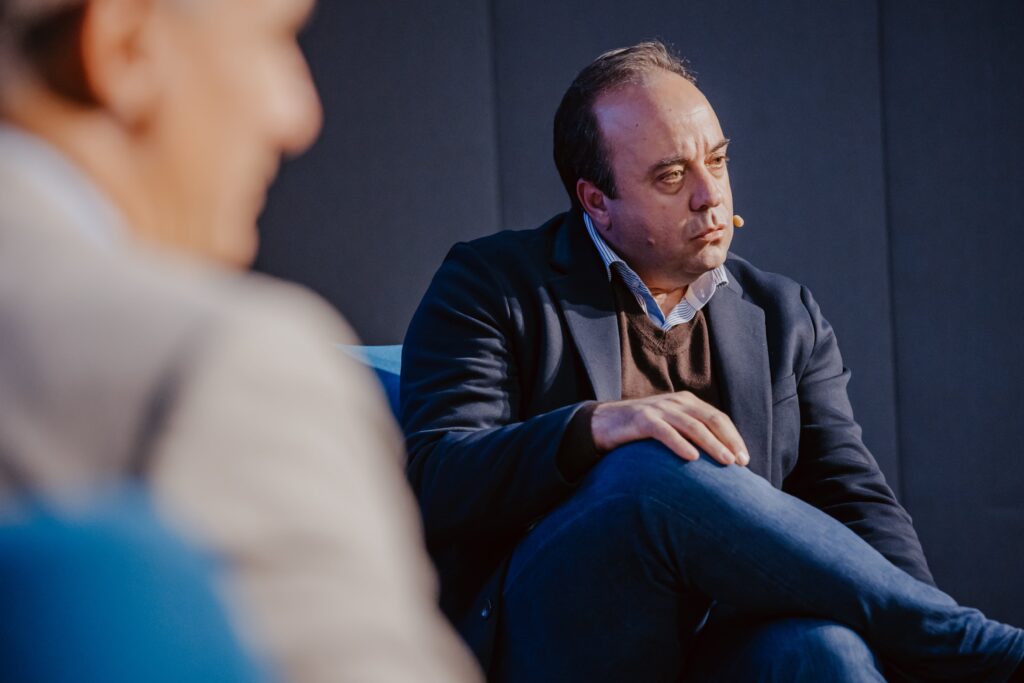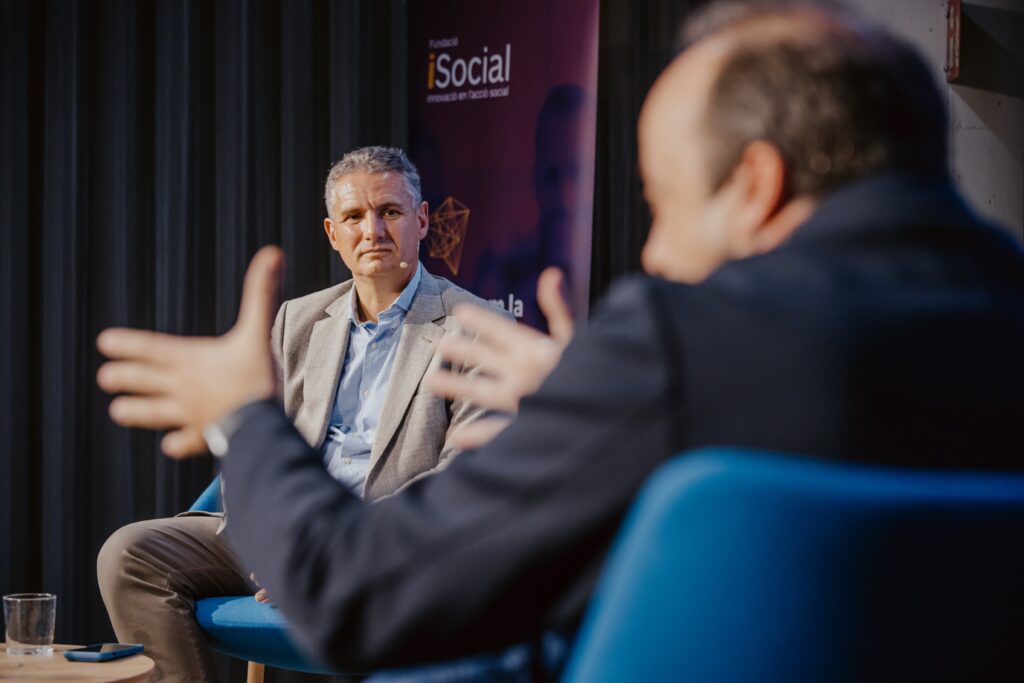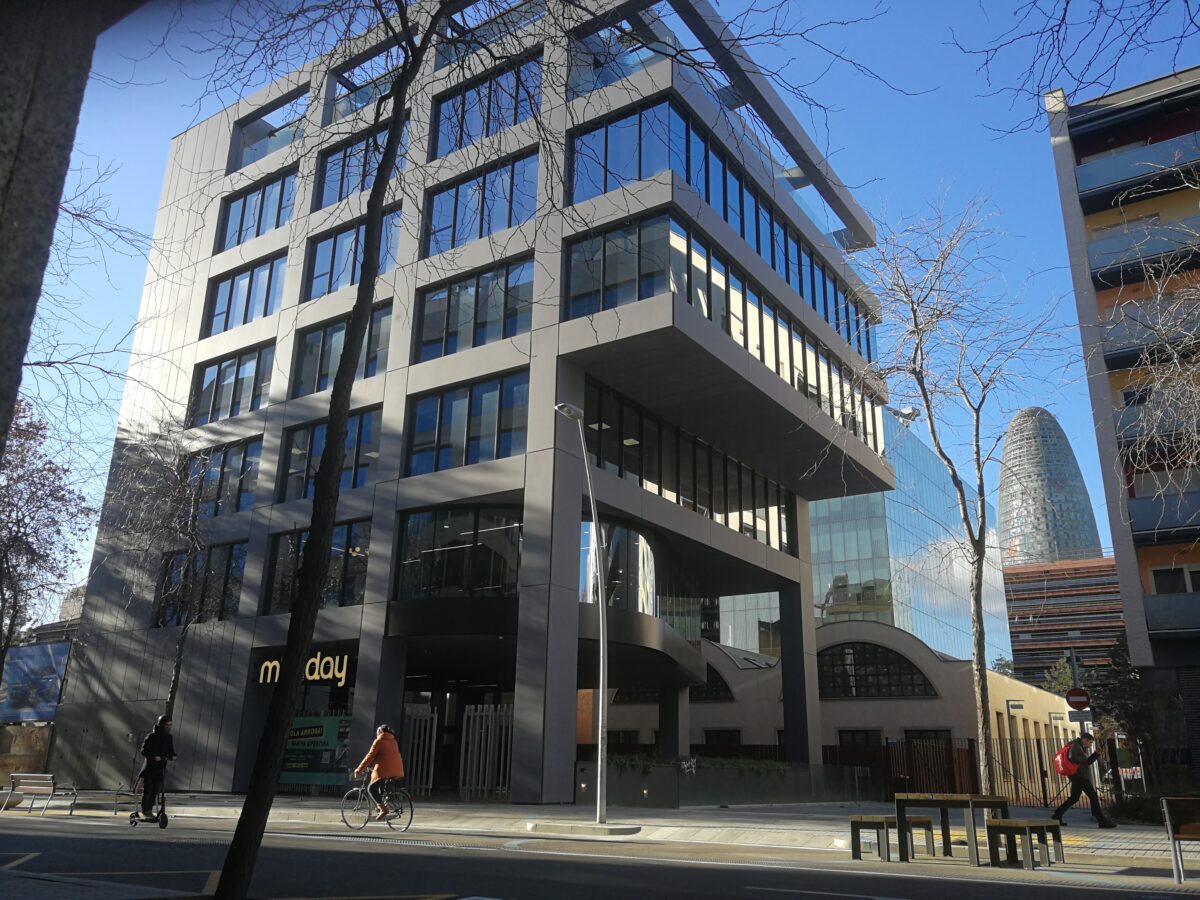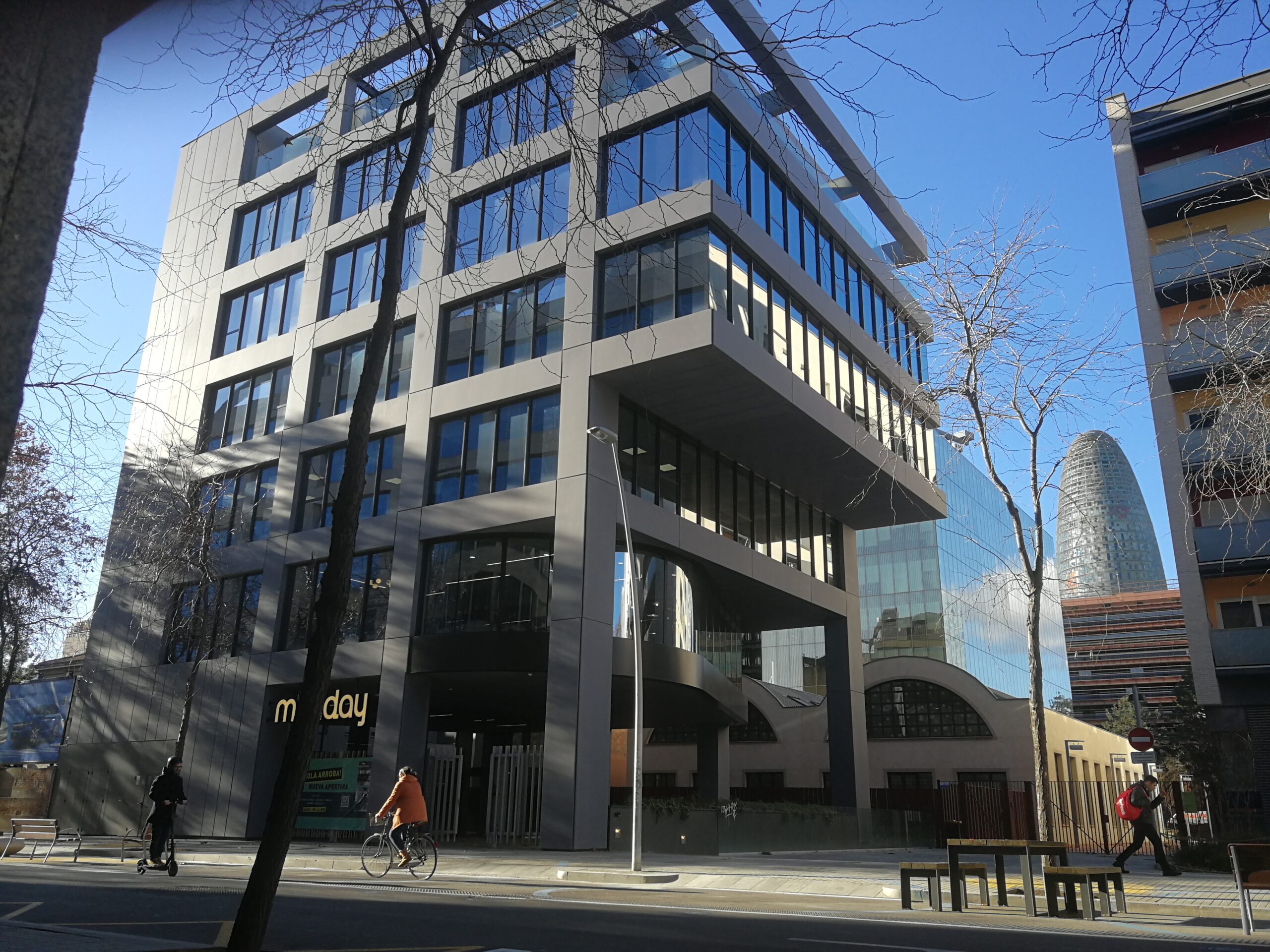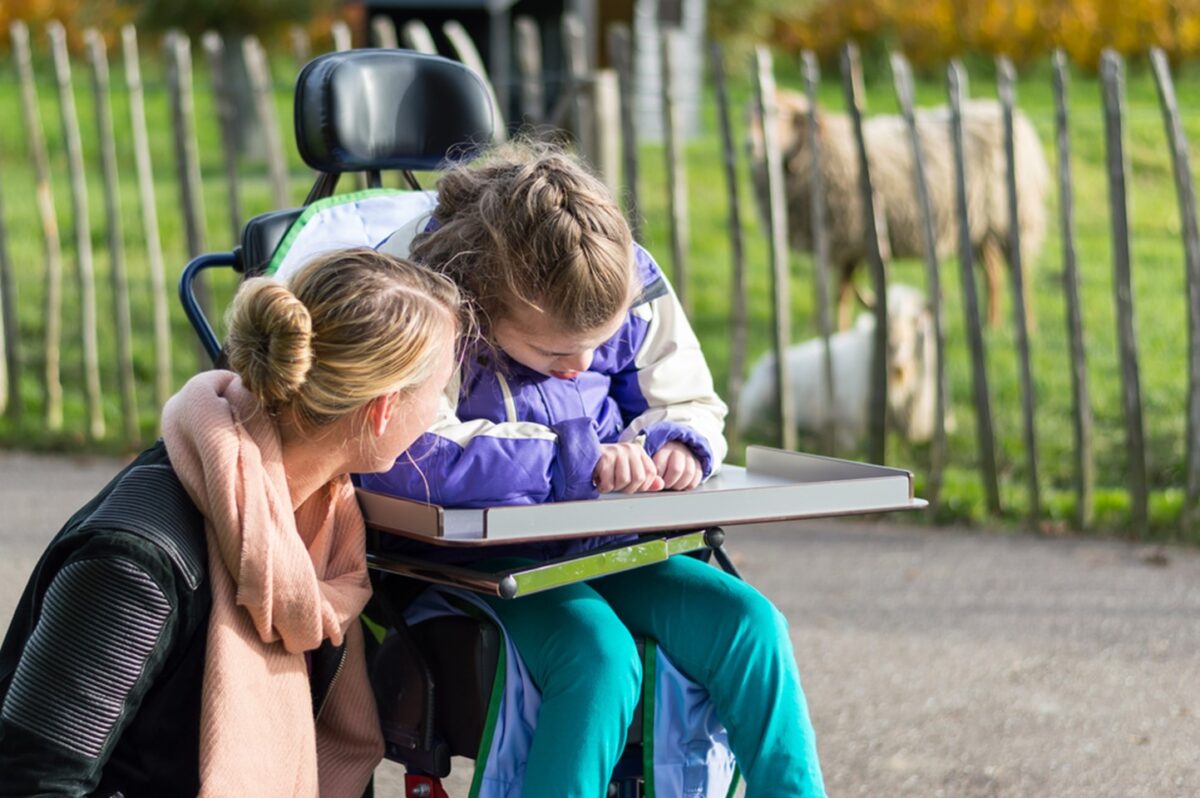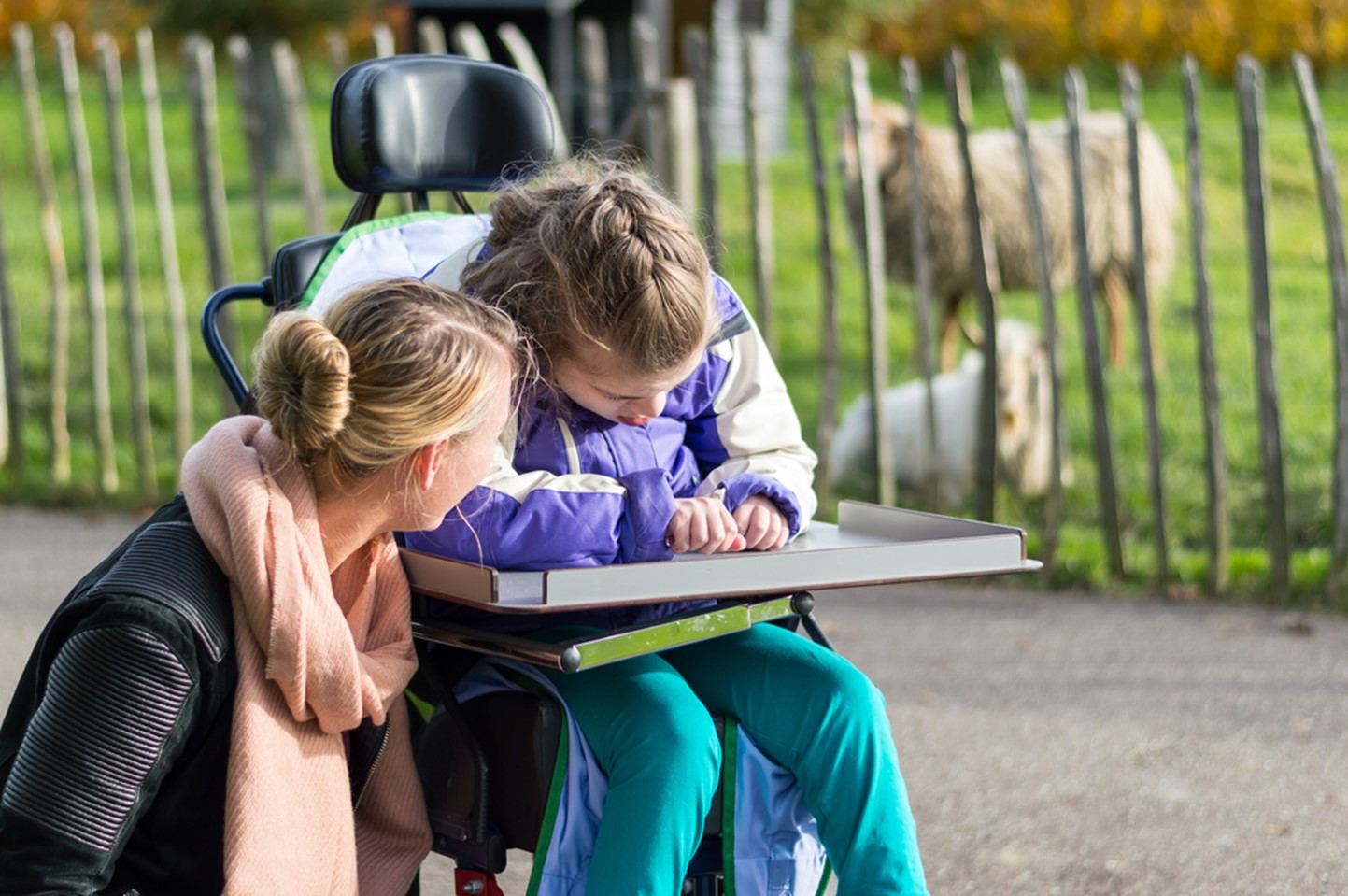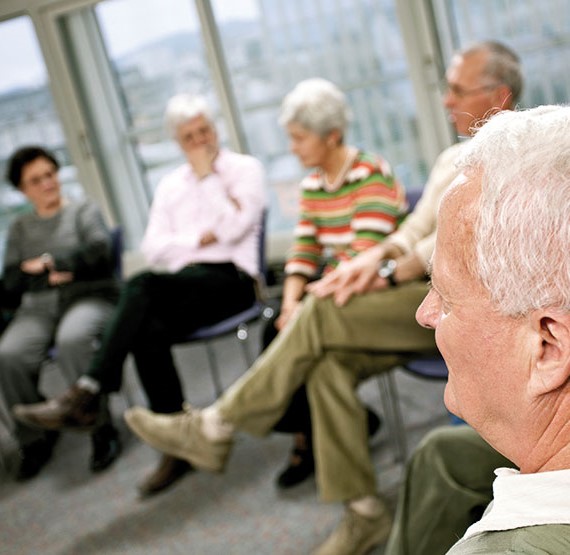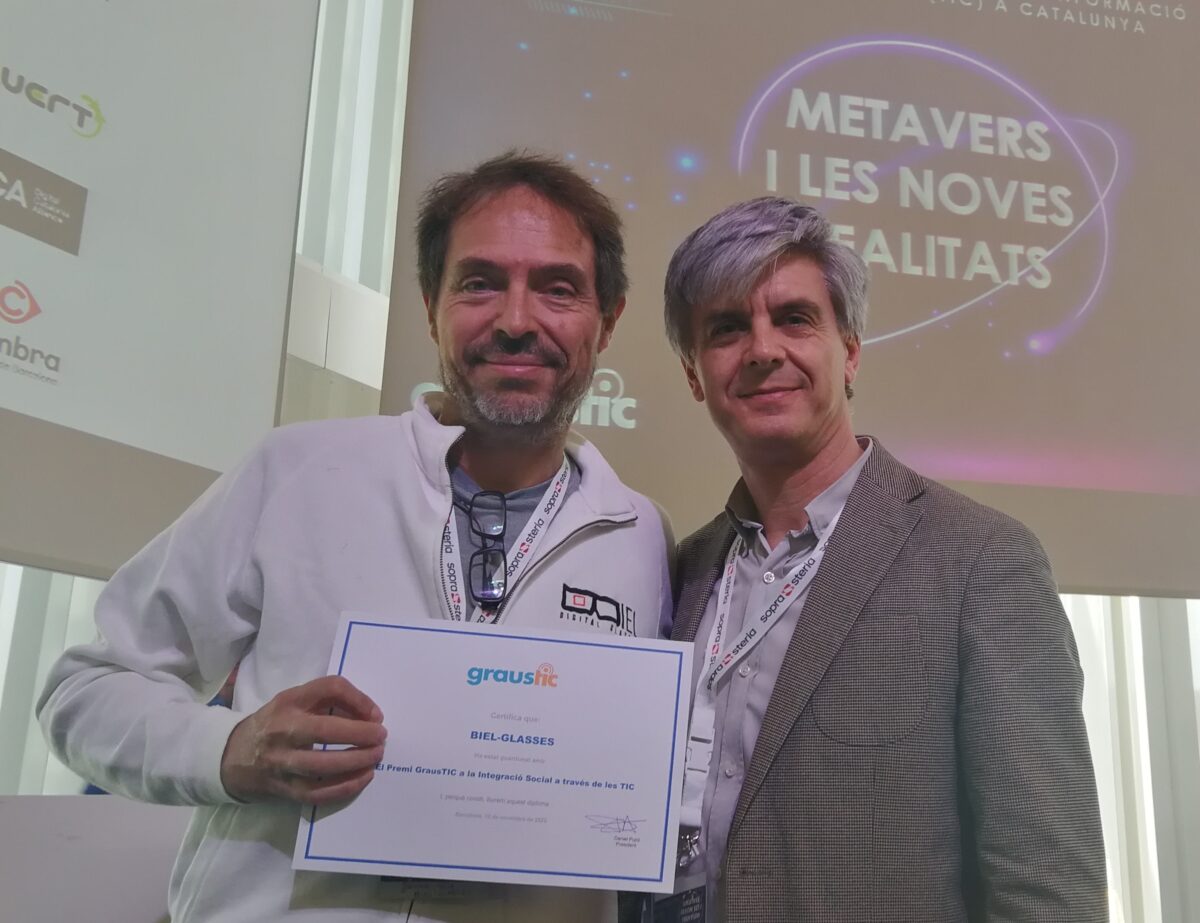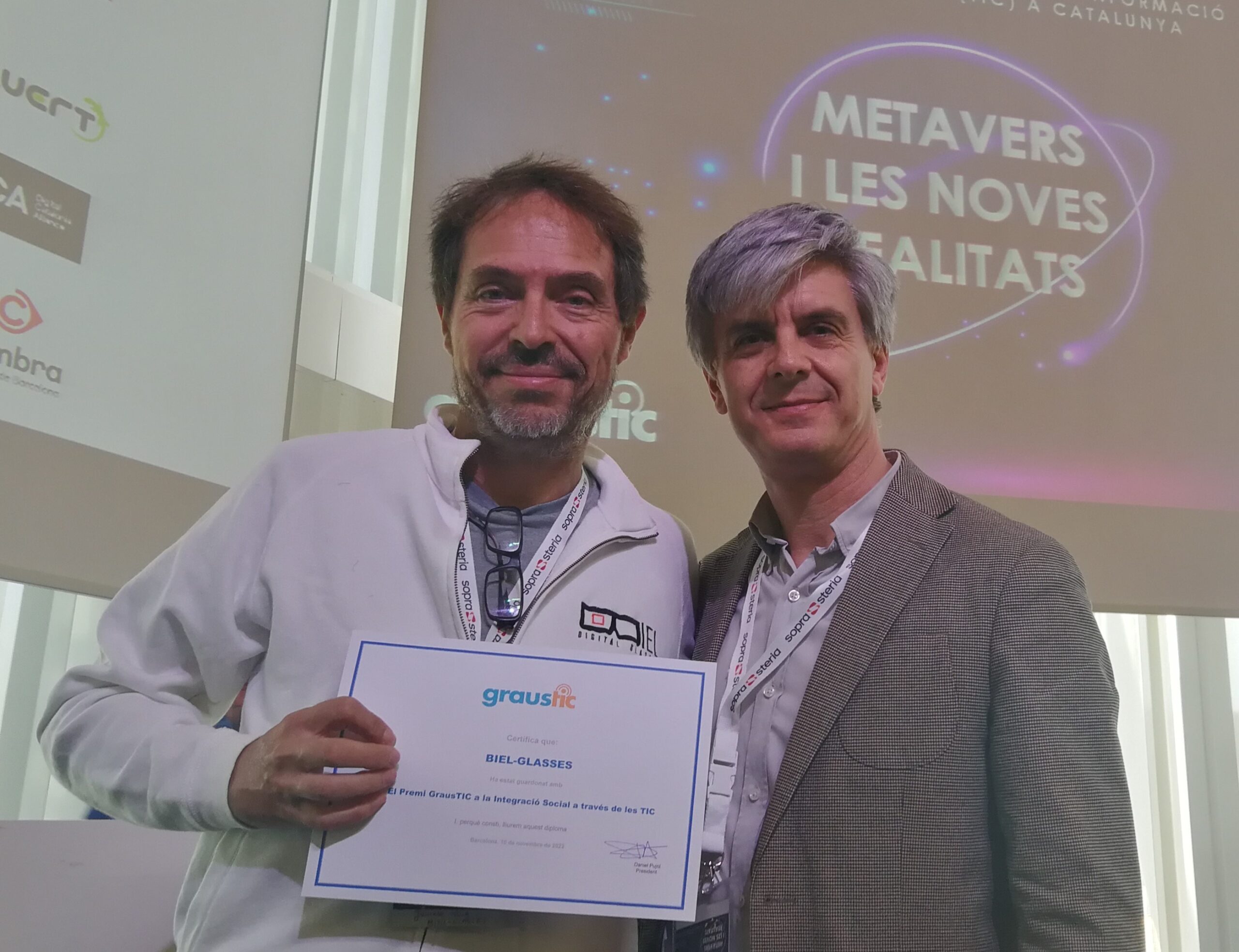Una nueva guía de las Naciones Unidas de septiembre de 2022 recoge directrices y recomendaciones precisas para la desinstitucionalización de las personas con discapacidad, para reformar el sector en forma de organizaciones comunitarias, y para avanzar en el derecho de vivir de manera autónoma y con libertad para tomar las propias decisiones.
Las Naciones Unidas han emitido en septiembre de 2022 un nuevo documento, Guidelines on deinstitutionalization, including in emergencies (CRPD/C/27/3), que en el marco de la Convención sobre los Derechos de las Personas con Discapacidad establece un conjunto de nuevas pautas para avanzar en los procesos de desinstitucionalización de las personas con discapacidad.
Los principios que se declaran en el documento son contundentes:
- La institucionalización contradice el derecho de las personas con discapacidad a ser incluidas en la comunidad.
- Hay que abolir todas las formas de institucionalización y dejar de invertir en instituciones. Las instituciones nunca tienen que ser consideradas como una forma de protección de las personas con discapacidades ni como una libre elección.
- No existe ninguna justificación para perpetuar la institucionalización de las personas.
Elementos clave de la desinstitucionalización
El documento recoge y explica los elementos y principios centrales en torno a los procesos de desinstitucionalización como, por ejemplo, qué se entiende por institucionalización y por qué es problemática.
Existen varios rasgos definitorios para describir qué es una institución:
- Obligatoriedad de compartir asistencia con otras personas sin ninguna libertad de elección sobre quien proporciona esta asistencia.
- Aislamiento y segregación de la vida independiente en la comunidad.
- Carencia de control sobre las decisiones del día a día.
- Carencia de elección de las personas con quienes se convive.
- Rigidez de las rutinas sin consideración de la voluntad y preferencia personal.
- Realización de actividades idénticas para un grupo de individuos, en un mismo espacio, bajo una determinada autoridad.
- Aproximación paternalista de los servicios que se proporcionan y de la supervisión de las condiciones de vida de los individuos.
- Convivencia con un número desproporcionado de personas en un mismo entorno.
El documento señala que la institucionalización es la detención de personas basada en alguna discapacidad, ya sea en presencia otros factores o no, bajo la premisa de ofrecer “curas” o “tratamiento”. Esta detención acostumbra a transcurrir en instituciones como por ejemplo centros de asistencia social, hospitales psiquiátricos, áreas de seguridad para personas con demencia, centros de rehabilitación, hogares de protección infantil y otros muchos.
Guía para los procesos de desinstitucionalización
Debido a estas condiciones, que contradicen los derechos fundamentales de las personas, las Naciones Unidas comunican que todas las instituciones, públicas y privadas, tienen que pasar por una reforma que las corrija o elimine. Aun así, la reforma o la eliminación de uno o más elementos institucionales no es suficiente para definirse como “organización comunitaria”, sino que las modificaciones tienen que ser integrales.
La desinstitucionalización comprende una serie de procesos interconectados enfocados a restablecer la autonomía, la libertad de elección y el control de las personas sobre su vida, incluido su derecho a decidir cómo, dónde y con quién quieren vivir. Estos procesos deberían estar dirigidos por las propias personas con discapacidades, para garantizar que sus necesidades y voluntades tengan prioridad y que los cambios se ajusten a sus decisiones de la mejor manera posible. Uno de los elementos clave de la vida independiente y con inclusión en la comunidad es garantizar que las personas con discapacidad reciban apoyo, basado en sus elecciones, y que tengan acceso a las actividades diarias y a la participación en sociedad.
Servicios de apoyo a las personas con discapacidad
Según el documento de las Naciones Unidas, los servicios de apoyo para las personas con discapacidades se tienen que desarrollar de acuerdo con el modelo de derechos humanos, respetando las preferencias de las personas con discapacidades y garantizando su plena participación en la red de apoyo, si la persona lo desea.
Estos servicios de apoyo a las personas con discapacidades tienen que estar vinculados a los servicios existentes y en las redes comunitarias, de forma que no fomenten la segregación y el aislamiento de las personas. Se recomienda en los Estados que inviertan en la creación y desarrollo de una amplia gama de servicios flexibles de apoyo que respondan a las necesidades diversas individuales, respetado sus elecciones y contando con su participación en el diseño de formas de apoyo. Además, hace falta que los gobiernos garanticen que la decisión de retorno al hogar familiar después de la institucionalización no descalifique a la persona para vivir de manera independiente si lo desea.
Preparaciones para abandonar una institución
Según la guía de Naciones Unidas, los procesos de desinstitucionalización tienen que revertir la práctica injusta de la institucionalización. Todas las personas tienen derecho a iniciarlo cuando lo deseen y a recibir asistencia para completar los requerimientos.
El documento indica las siguientes directrices para los procesos de desinstitucionalización:
- Respetar el derecho de la persona a tomar decisiones en todos los aspectos de dejar una institución, ofreciéndole apoyo si lo necesita.
- Dar tiempo y oportunidades suficientes para prepararse física y emocionalmente para la vida en comunidad. Las administraciones deberían garantizar que las personas tengan un plan individualizado según sus preferencias al dejar la institución.
- Respetar a las personas institucionalizadas como supervivientes a quienes se les debe una compensación, y proporcionarles información y oportunidades para participar plenamente en el plan y la implementación de la desinstitucionalización.
- Ofrecer a las personas un margen amplio de experiencias en la comunidad como preparación para dejar la institución; ayudarlas a ganar experiencia, fortaleza y habilidades sociales y cotidianas y a vencer los miedos que puedan tener de la vida independiente.
- Proporcionar a las personas información sobre las opciones de vivienda, transporte y ocupación, además de rentas individualizadas y otras medidas necesarias para garantizar su calidad de vida.
Referencia
[1] Convention on the Rights of Persons with Disabilities. Guidelines on deinstitutionalization, including in emergencies (CRPD/C/27/3). United Nations. Disponible en: https://tbinternet.ohchr.org/_layouts/15/treatybodyexternal/Download.aspx?symbolno=CRPD/C/5 [10/11/2022]
